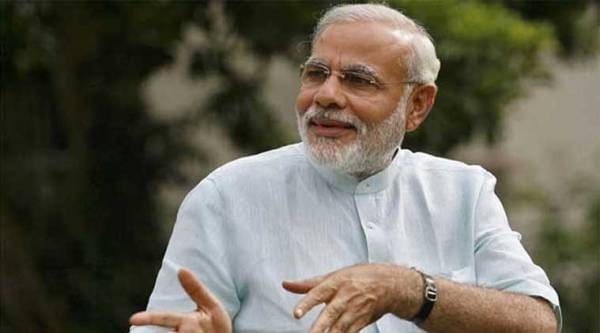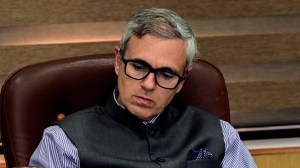Substitute non-essential imports, make in India: PM
Instructs ministries to monitor imports and give quarterly reports.
 The government is concerned by the surge in imports from China that has hit some of the domestic industries.
The government is concerned by the surge in imports from China that has hit some of the domestic industries.
Prime Minister Narendra Modi has asked Union ministries to discourage “inessential imports” and leverage the country’s manufacturing skills in substituting them. Towards this end, the Union ministries are required to furnish status reports every quarter and also brief the Prime Minister.
A senior government official said that during a meeting with secretaries in the last week of September, Modi said that imports should be appraised on a regular basis and a significant part of it should be reduced, recognising India’s own capacity to manufacture these products. “Modi’s logic for pruning imports is in line with his ‘Make in India’ programme,” the official said.
“Modi has told half-a-dozen ministries to review the imports under their respective jurisdiction with a view to rationalise inessential imports within the premise of India’s international commitments under the World Trade Organization, while making all-out efforts to strengthen the nation’s capacity to produce such products domestically,” the official added. It is learnt that some of the ministries are steel, coal, petroleum, agriculture, telecom and IT. The concerned ministries will have to institutionalise a mechanism within their domain for regular review of imports to ensure that “trade deficit is not allowed to increase irrationally,” the official cited the Prime Minister as instructing these ministries.
“Commerce secretary Rajeev Kher has written to the concerned ministries on October 1 to depute a joint secretary level officer to coordinate with his ministry in this connection,” the official said. The government is concerned about the surge in imports from China that has hit some of the domestic industries hard.
The ministry of communications has already launched the ‘Digital India’ programme which includes rationalisation of tariff structure for LCD and LED TV panels and increasing the basic customs duty on telecom equipment.
Ministries dealing with metals and commodities have consistently flagged the growing imports from China that are hurting local industry.
The steel ministry has raised concerns over the burgeoning steel imports from China that has during the second quarter of FY15 exceeded “the historic (quarterly) high” of 90 million tonnes and has also demanded doubling import duty on value-added steel products.
As for minerals like coal and iron ore, legal and regulatory issues have turned India into a net importer of the two crucial minerals.







- 01
- 02
- 03
- 04
- 05
























